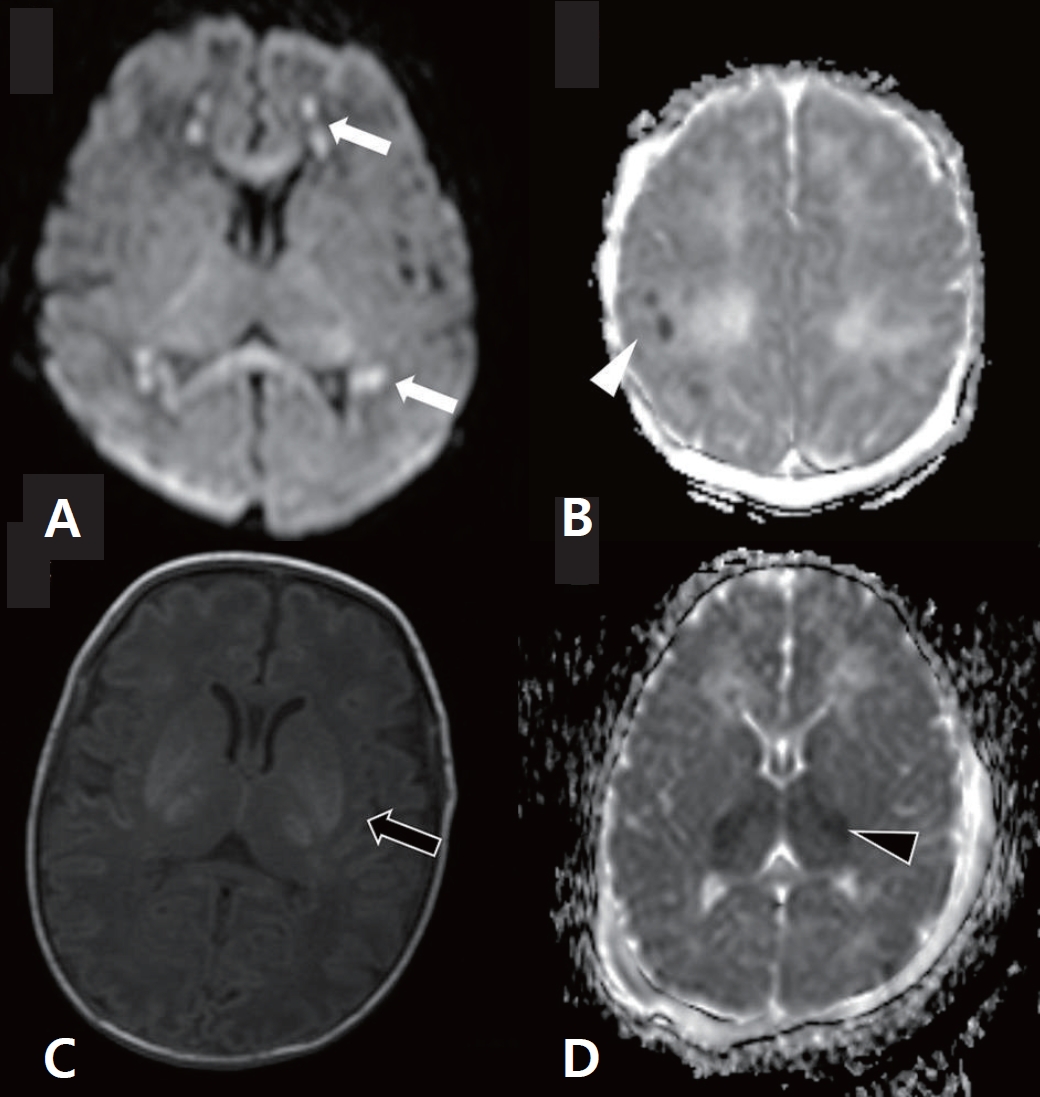
|
∙ Cognitive impairments occur in children with hypoxic-ischemic encephalopathy (HIE) even without neuromotor deficits.
∙ Therapeutic hypothermia has improved neurodevelopmental outcomes of children with HIE; however, 40% of children remain at risk of death/disability or cognitive impairments necessitating the development of adjunctive neuroprotective therapies.
∙ Long-term follow-up until adolescence is required to identify cognitive dysfunction.
∙ A pattern of watershed injury on brain imaging is associated with poor cognitive outcomes. |


